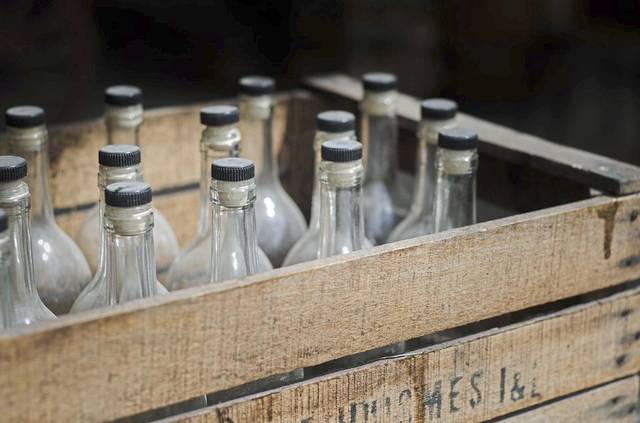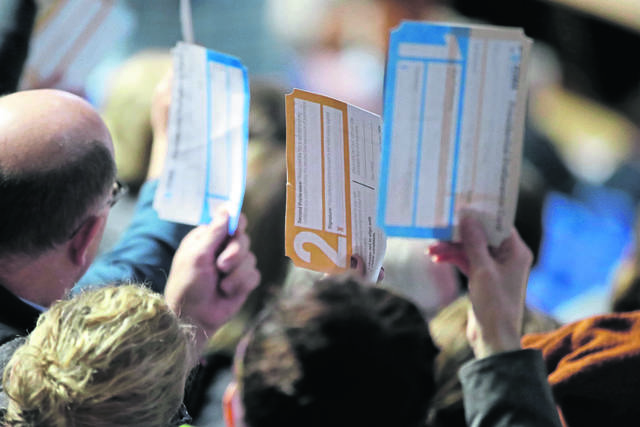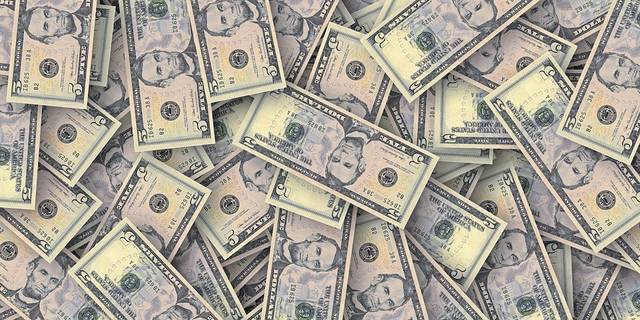A century ago — on Jan. 17, 1920, one year after ratification of the 18th Amendment — the United States began its so-called “noble experiment” with nationwide alcohol prohibition. For the next nearly 14 years — until the 21st Amendment repealed the 18th — the force of the federal government was deployed to prevent Americans from manufacturing and selling alcoholic beverages.
In reality, this experiment was anything but noble. It was ignoble, dangerous and dastardly.
To see why, start by recognizing that Congress’ motives with respect to Prohibition were governed chiefly by fiscal concerns rather than by any regard for Americans’ mental and physical well-being. Congress agreed to Prohibition only after the income tax proved able to replace the tax revenues that would be lost by criminalizing the sale of liquor. And only when income-tax revenues plummeted with the onset of the Great Depression did Congress — ever-addicted to tax revenues — agree to end this “experiment” in order to again tax liquor sales.
Next, consider Prohibition’s enormous costs. No, not the monetary cost, which is estimated to have been $300 million in enforcement expenses (or roughly $4 billion in 2020 dollars). This sum, while not insignificant, pales when compared to Prohibition’s non-monetary costs.
Prohibition’s most obvious non-monetary cost is the crime that it spawned. When commerce in highly demanded goods and services is criminalized, criminals take over this commerce. As law-abiding people stepped out of the role of meeting Americans’ intense demand for adult beverages, in stepped Al Capone and other gangsters.
This change wasn’t merely one in personnel. Prohibition-era liquor suppliers had an unusually low regard for criminal statutes.
More importantly, because the choice to supply liquor was itself the choice to break the law, these suppliers lost little by violating laws in addition to the probation statutes. By putting your property at risk of being seized and your person at risk of being imprisoned merely through the act of selling booze, you don’t lose much more by threatening violence against customers or rival gangs. Indeed, you might gain from such violence: If you’ll be severely punished if caught for the “crime” of selling whiskey, maybe it’s a prudent move for you to kill those whom you suspect might report you to the police.
The gang violence of 1920s’ liquor trafficking was a direct result of Prohibition which encouraged criminals to supply alcohol and gave them incentives to use violence. It’s no accident that Anheuser-Busch, Jack Daniel’s and other alcohol suppliers today don’t gun down their competitors or threaten violence on their customers.
Another cost of Prohibition is that it made alcoholic beverages more toxic and stronger.
Unlike today, if an American in the 1920s died or fell seriously ill from drinking tainted beer or wine, there was no one to sue. And no rival of suppliers of tainted booze could compete for customers by openly advertising its superior, safe product. Prohibition thus greatly dampened suppliers’ incentives to avoid selling toxic brews.
Relatedly, because the risk of getting caught rises with the volume of illegal booze being trafficked, alcohol sellers during Prohibition concentrated on selling high-proof spirits and steered away from selling low-proof wine and beer.
One final cost of Prohibition warrants mention — namely, its assault on personal freedom. If we truly wish to enjoy the blessings of liberty, we must accord to each peaceful adult the freedom to eat or drink as he or she choose. Each of us, in short, should mind our own business.







